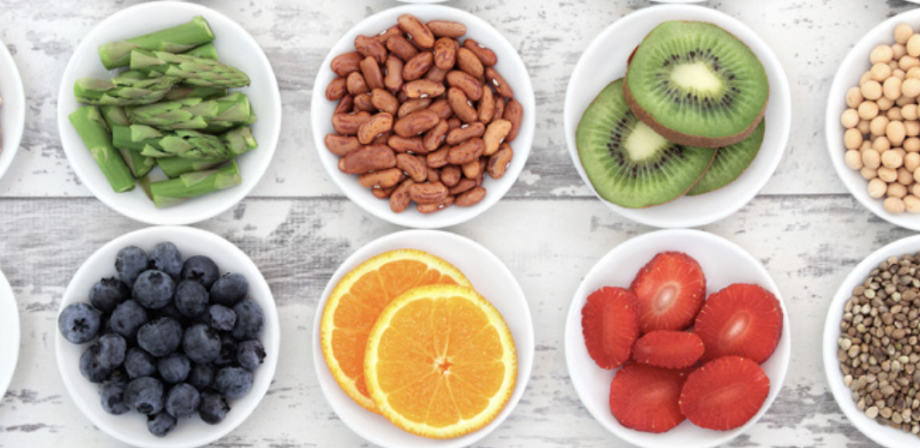Marathon Training Diet: Fueling Your Run with Run Adaptive

Marathon Training Diet
Training for a marathon isn’t just about the miles you log; it’s equally about the fuel you put into your body. At Run Adaptive, we understand the intricate balance of nutrition that supports long-distance running. Here’s an expert guide to crafting a marathon training diet that enhances your performance and recovery, tailored to the needs of our runners.
The Foundation of Marathon Nutrition
Macronutrients: Your Energy Building Blocks
- Carbohydrates: They’re your main fuel source during long runs. Opt for complex carbohydrates like whole grains, fruits, and vegetables which provide a steady release of energy. Before workouts, easily digestible carbs such as oatmeal or bananas can give you a quick energy boost.
- Proteins: Crucial for muscle repair and recovery, proteins should be a staple in your diet. Incorporate lean sources like chicken, fish, tofu, and legumes. These help rebuild the muscle wear-and-tear that occurs during training.
- Healthy Fats: These are essential for long-term energy, especially on those longer training days. Include avocados, nuts, seeds, and olive oil to support overall health and energy levels.
Hydration: More Than Just Water
Staying hydrated is crucial. Water is imperative, but during long runs, your body also needs electrolytes to function optimally. Sports drinks can replenish your sodium, potassium, and other crucial electrolytes lost through sweat. Aim to drink fluids consistently throughout the day—not just during your runs.
Timing Your Nutrition
- Pre-Run: Fuel up with a combination of complex carbohydrates and a moderate amount of protein about 2-3 hours before you run. This timing helps prevent any digestive discomfort while ensuring you have the energy to endure your training.
- Post-Run: After your run, it’s vital to refuel within 30-60 minutes. This meal or snack should contain both carbohydrates and protein to aid in recovery and muscle repair.
Listening to Your Body
Every runner is unique, and what works for one may not work for another. It’s crucial to listen to your body and adjust your diet based on how you feel during training. If you notice energy dips or digestive issues, it might be time to reassess your food choices. Experimenting under the guidance of a nutrition expert can help you find the perfect balance that suits your body’s needs.
Diet Diversity
At Run Adaptive, we recognize that there is no one-size-fits-all diet for marathon training. Whether you follow a vegan, vegetarian, omnivore, or ketogenic diet, the key is to ensure it’s well-rounded and meets your training demands. We encourage you to stay committed to a diet that fits your lifestyle and ethical choices while making sure it supports your marathon goals.
Interested in optimizing your marathon training with a diet plan that boosts performance and speeds recovery? At Run Adaptive, our experts are here to guide you every step of the way. Contact us today to learn more about our personalized training and nutrition strategies tailored just for runners like you!








